Okay, you guys. I do NOT want to offend anyone here, but I was doing some serious thinking this morning about the state of our (rapidly dying) pasture and checking into some possible rotational crops to avoid this in the future. It brought me to some photos of animals grazing in the west, where I come from.
All of a sudden I realized that, in the six years I've lived here, I have become more accustomed to the lushness that is Oklahoma and have started to take it for granted, rather than appreciating it as I should, and as I did when I first moved here. Those of you who have lived here all your lives are used to having the summer rains and being able to grow huge crops. This extended dry heat is foreign to you. I know that this may sound strange, coming in the middle of a drought year, but you need to understand that these conditions are what I'm used to, year in and year out, and usually running from May to at least November.
For anyone who might think that, coming from CA, I was used to lush growing conditions, let me correct that notion. Not true. In fact, not even close. Sure, there are microclimates in areas like the north coast where the fuchsias and azaleas grow in wild abandon, but you wouldn't want to live there for very long. The cold summer fog would soon drive you crazy.
I'm not even talking about the southern areas of CA, where the high temps and low rainfall are a given. I'm referring to everything from the Mexican border clear up to the Canada border, just as soon as you cross the Pacific mountain range. Dry, dry, and even more dry. And hot. People think of NV as being hot desert, but for some reason they tend to overlook the high desert of WA and OR. NV, ID, UT? Yep, and even more of it. Yakima WA has roughly the same annual rainfall as Yuma AZ. The way they keep the orchards and crops going (to be the fruit basket of the nation) is from massive irrigation, the same way they do in the central valleys and inland empire of CA.
As I said, it is absolutely not my intention to insult anyone or make light of the current situation. It's awful. I know. I'm well aware. But let me show you some images of "where I come from" and you may understand why I'm trying to put it all into perspective.
----------------------
Sonoma County, that was my stomping grounds for nearly 20 years, in the famous wine country area just north of San Francisco. My farmer friend from IL visited us one year and asked what anyone could ever do with the land. From his viewpoint it was totally useless. Grow grapes on it? Actually, I think the field in the foreground is useless for that also. It's too salty.
The central valley east of San Francisco. Those tiny dots on the hills are cattle.
Cattle attempting to graze in the inland high desert. I think this is in WA. Maybe OR. I can't remember.
{{gwi:1119809}}
Along the banks of the Columbia in central WA. All the water in the world, and the surrounding country is bone dry. This is not in a drought. It's always like that.
So, I guess what I'm trying to say here is that yes, it's horrible, and we are all faced with really tough decisions. Try to keep the stock alive, or off-load them while we can and simply take the losses now? Gardens? What gardens?
But Oklahoma will survive. It always does. We may be facing another horrendous situation like the Dust Bowl. We all hope not, but it's possible. However, conditions and knowledge have changed since then. We are much more conservation conscious; there are a lot more lakes and farm ponds, even though they may be in trouble; we have a lot more resources to draw from than the folks back then could have dreamed of. We're in a better position to deal with it, even though it sure doesn't feel like it.
I'm still glad I'm living here in rural Oklahoma, and not in some wall-to-wall spot on the west coast with bumper-to-bumper traffic and congestion. What's the old song say? "Country folks will survive".
Pat
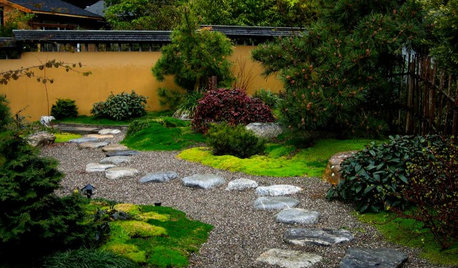
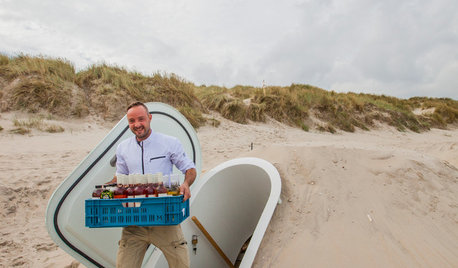

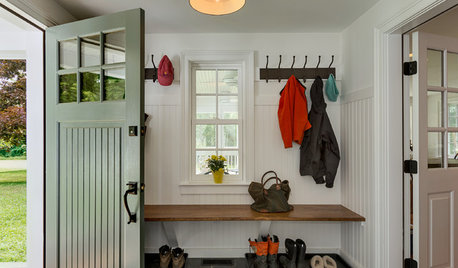
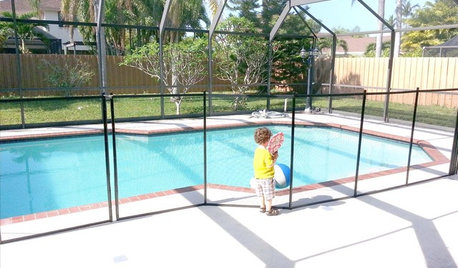

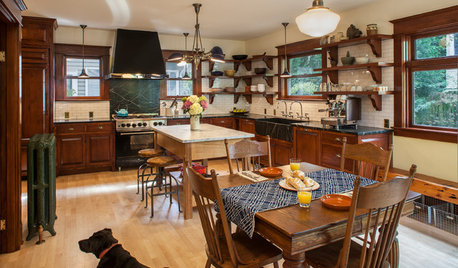
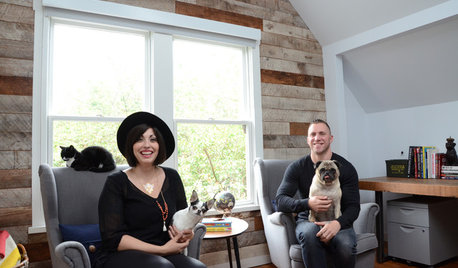








shankins123
reddingOriginal Author
Related Discussions
Keeping things in perspective
Q
single vs multiple flooring types in open plan kitchen
Q
Problem with sink...
Q
If you are going to have your granite tested for Radon....
Q
owiebrain
reddingOriginal Author
cactusgarden
tigerdawn
bettycbowen
reddingOriginal Author
bettycbowen
reddingOriginal Author
owiebrain
soonergrandmom
reddingOriginal Author
elkwc
soonergrandmom
reddingOriginal Author
cactusgarden
oklavenderlady
owiebrain
jlhart76
reddingOriginal Author
soonergrandmom
reddingOriginal Author
oklavenderlady
soonergrandmom
reddingOriginal Author
oklavenderlady
owiebrain
soonergrandmom
reddingOriginal Author
soonergrandmom
jlhart76
reddingOriginal Author
soonergrandmom
jlhart76